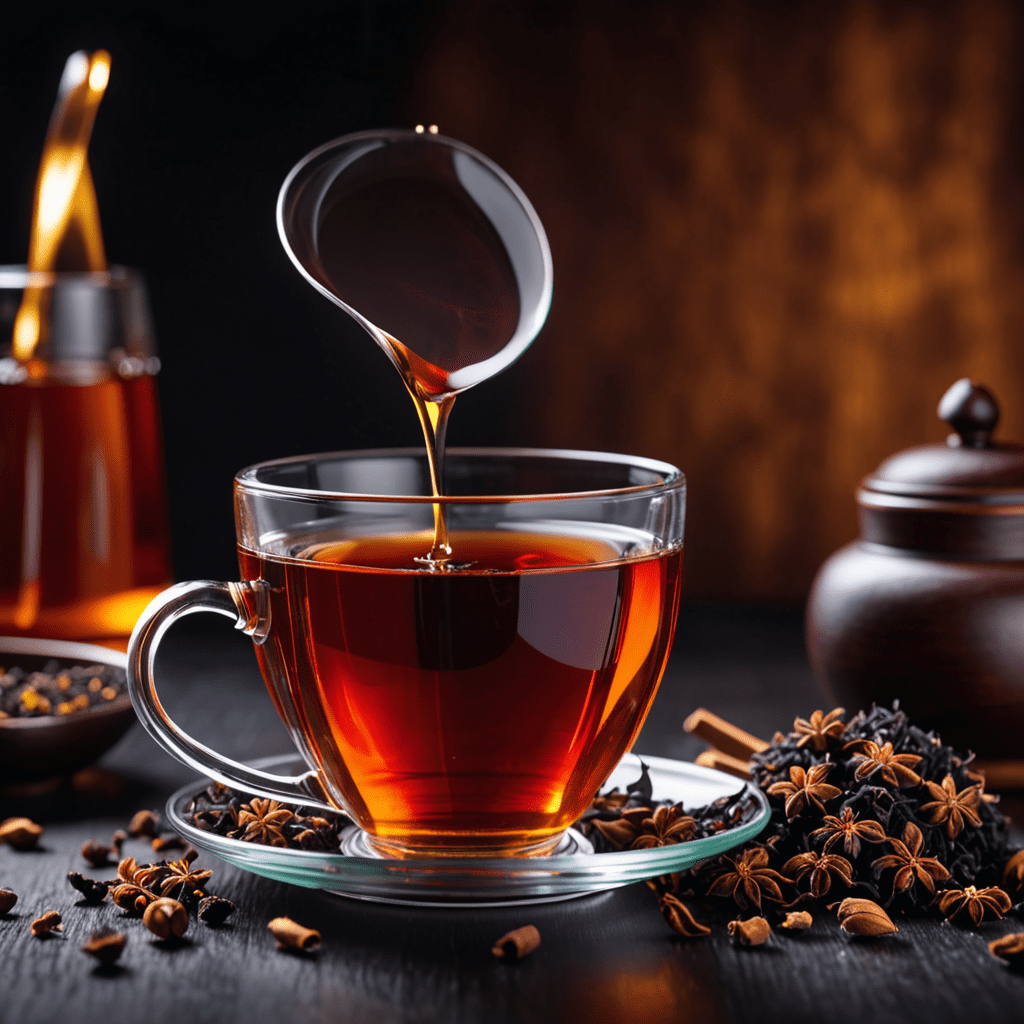Assam Tea: A Staple in Indian Culture
Introduction
Assam tea, originating from the verdant valleys of Assam, India, holds an unparalleled place in Indian culture. Its rich history, distinct flavors, and deep-rooted social connections have made it an indispensable beverage and a source of national pride. Let's delve into the world of Assam tea, exploring its captivating journey from origins to modern-day significance.
Historical Origins
The origins of Assam tea can be traced back to the 19th century when British planters discovered indigenous tea plants growing wild in the region. Recognizing their potential, they established tea gardens and began cultivating the Assamica varietal, ushering in a new era in the global tea industry. Today, Assam remains one of the largest tea-producing regions, contributing significantly to the world's tea consumption.
Geographical Significance
Assam tea derives its unique character from the specific geographical conditions of its cultivation. The Brahmaputra River Valley, where the tea gardens are located, provides a rich alluvial soil, abundant rainfall, and subtropical temperatures—ideal conditions for tea plants to thrive. This favorable environment imparts Assam tea with its characteristic boldness, malty flavors, and bright copper color.
Cultivation Practices
Assam tea cultivation involves meticulously managed processes to ensure optimal quality. The tea bushes are typically grown in sprawling estates, where they are carefully pruned and fertilized. Harvesting is done by hand, with skilled pluckers selectively gathering the tenderest leaves. The leaves are then withered, rolled, oxidized, and dried to produce the distinctive flavors and aromas that Assam tea is renowned for.
Economic Importance
Assam tea plays a vital role in the Indian economy. It is a major source of income for millions of tea workers and farmers in the region. Assam tea is also a significant export commodity, contributing to India's foreign exchange earnings. The industry generates employment opportunities and boosts economic development in the region.
Social and Cultural Connections
Assam tea is deeply embedded in Indian culture and tradition. It is an integral part of daily life, served in homes, offices, and social gatherings. Assam tea holds cultural significance during festivals, ceremonies, and as a symbol of hospitality. It fosters social bonds and provides a comforting presence in Indian society.
Health Benefits
Assam tea is not only a refreshing beverage but also a source of antioxidants and health-promoting compounds. Studies have linked regular consumption of Assam tea to improved heart health, reduced inflammation, and cognitive function. Its high caffeine content provides a boost of energy, while the presence of theanine contributes to relaxation and alertness.
Role in Culinary Tradition
Assam tea finds its way into various culinary creations, beyond its traditional role as a beverage. It adds a unique flavor to desserts, baked goods, and savory dishes. Assam tea is used as a marinade for meats, creating tender and flavorful cuts. It can also be incorporated into sauces, soups, and stews, imparting a rich and complex taste.
Global Recognition
The global tea industry recognizes the exceptional quality and unique characteristics of Assam tea. It has won numerous awards and accolades at international tea competitions. Assam tea is exported to countries worldwide, where it is cherished for its distinctive flavors and cultural significance. Its global presence has made it an ambassador for Indian tea and a symbol of the country's rich tea heritage.
FAQ
What is the difference between CTC and Orthodox Assam tea?
- CTC (Cut, Tear, Curl) Assam tea undergoes a mechanical processing method that results in smaller, granular leaves. Orthodox Assam tea, on the other hand, is processed by hand, creating larger, whole leaves.
How do I brew the perfect cup of Assam tea?
- Use freshly drawn, boiling water. Add 1 teaspoon of Assam tea leaves per cup. Steep for 3-5 minutes, depending on desired strength. Strain and enjoy with or without milk and sugar.
What is the best time to drink Assam tea?
- Assam tea is a versatile beverage that can be enjoyed throughout the day. Its robust flavor and caffeine content make it an ideal morning or afternoon pick-me-up. It can also be enjoyed as a relaxing evening drink.

